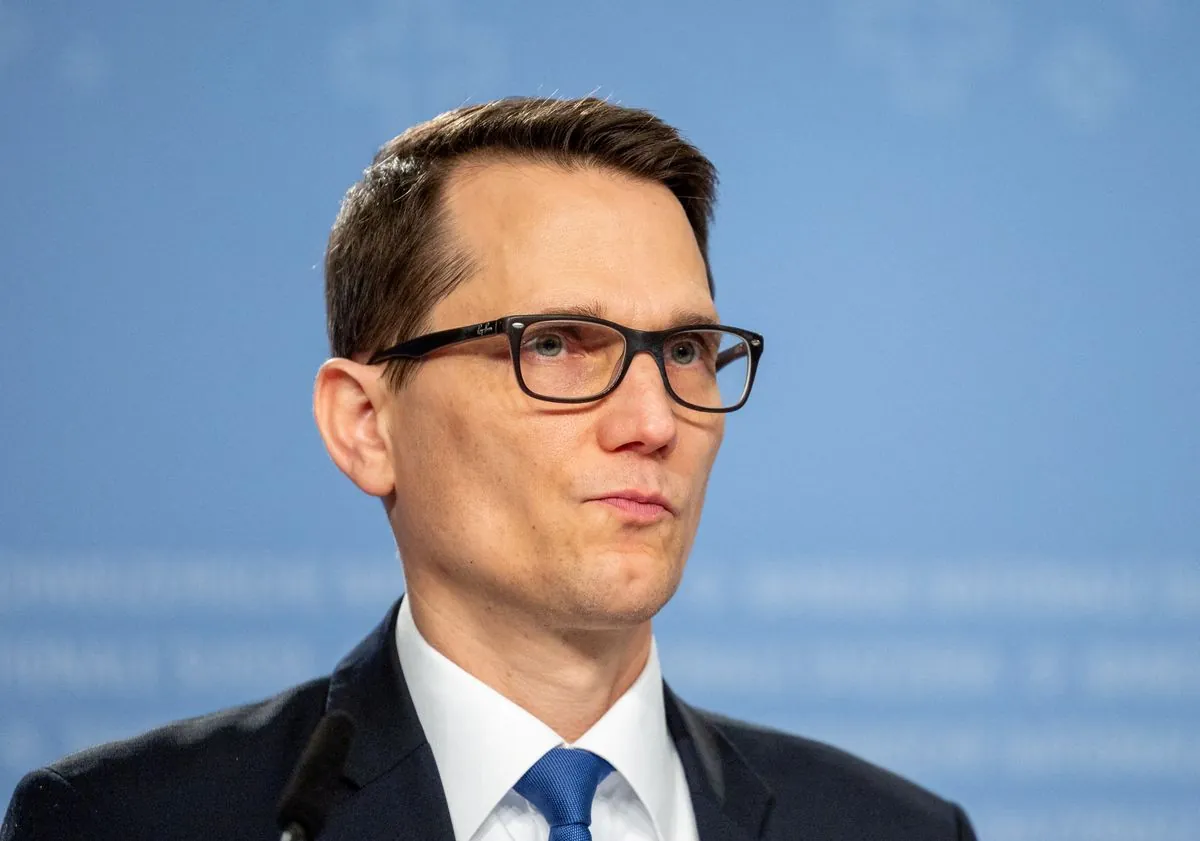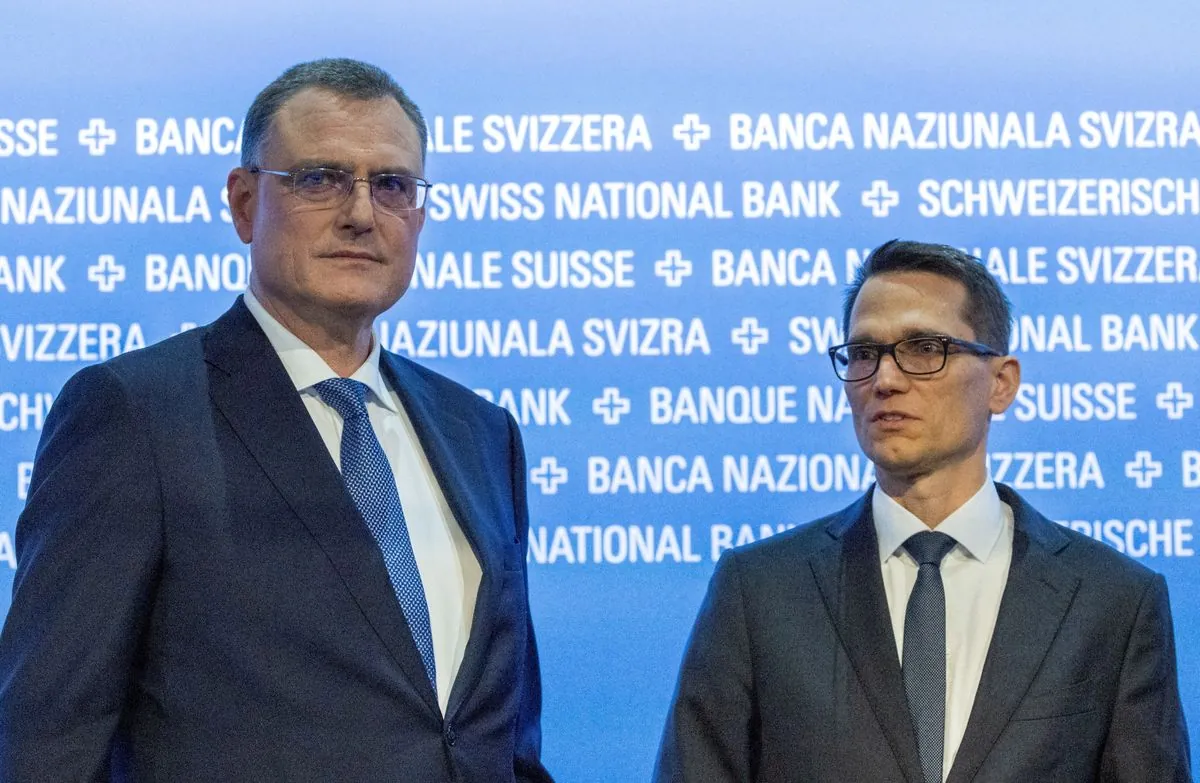New SNB Chief Faces Credit Suisse Fallout Amid Calls for Reform
Martin Schlegel takes helm at Swiss National Bank as parliamentary probe into Credit Suisse collapse nears conclusion. Critics question authorities' crisis management, while Schlegel pledges continuity in monetary policy.

As Martin Schlegel assumes the role of chairman at the Swiss National Bank (SNB) on October 1, 2024, he faces the aftermath of the Credit Suisse crisis and mounting pressure for financial sector reforms. The 48-year-old economist steps into this pivotal position amidst ongoing scrutiny of Swiss authorities' handling of the bank's collapse.
The SNB, established in 1907, played a crucial role in providing emergency liquidity during the Credit Suisse crisis. Founded in 1856, Credit Suisse had been a cornerstone of Switzerland's banking sector for over 167 years before its merger with UBS in March 2023. This merger, facilitated by Swiss authorities, aimed to prevent a potential global financial crisis.
Critics, including former Bank of England Deputy Governor Paul Tucker, have questioned the preparedness of Swiss financial regulators. In a report to the Swiss Finance Ministry in late 2023, Tucker stated:
"The Swiss authorities proved woefully unprepared to head off or contain the firm's unravelling."
This criticism comes as Switzerland, known for its banking secrecy laws dating back to 1934, grapples with maintaining its reputation as a global financial hub. The Swiss financial sector, contributing about 9% to the country's GDP, faces increased scrutiny and calls for stricter regulations.
Yvan Lengwiler, a member of the SNB Observatory group and professor at Basel University, echoed these concerns:
"The calamity of Credit Suisse has demonstrated that Swiss authorities, including the SNB, were not sufficiently prepared for this looming crisis."
Schlegel, who previously served as SNB vice-chairman, has defended the central bank's approach while acknowledging the need for improvement. He emphasized the importance of learning from the crisis and implementing appropriate measures.

As Schlegel takes the reins, he faces the challenge of balancing the SNB's primary mandate of ensuring price stability with the need for financial sector reforms. The central bank, unique in its structure as a joint-stock company, must navigate these challenges while maintaining Switzerland's position as a key player in global finance.
Despite the turmoil, the SNB has received praise for its handling of inflation, which stood at 1.1% as of September 2024. Schlegel aims to continue this success, stating his commitment to maintaining focus on price stability.
The new chairman, known for his unconventional interests such as playing the bass guitar and the kalimba, is expected to bring continuity to the SNB's policies. However, as Switzerland, home to the Bank for International Settlements, faces pressure to reform its financial sector, Schlegel may need to balance tradition with innovation.
As discussions on tougher capital rules for UBS progress, Schlegel's leadership will be crucial in shaping the future of Swiss banking regulation. With Switzerland's economy heavily reliant on international trade and financial services, the stakes are high for both the country and the global financial system.


































